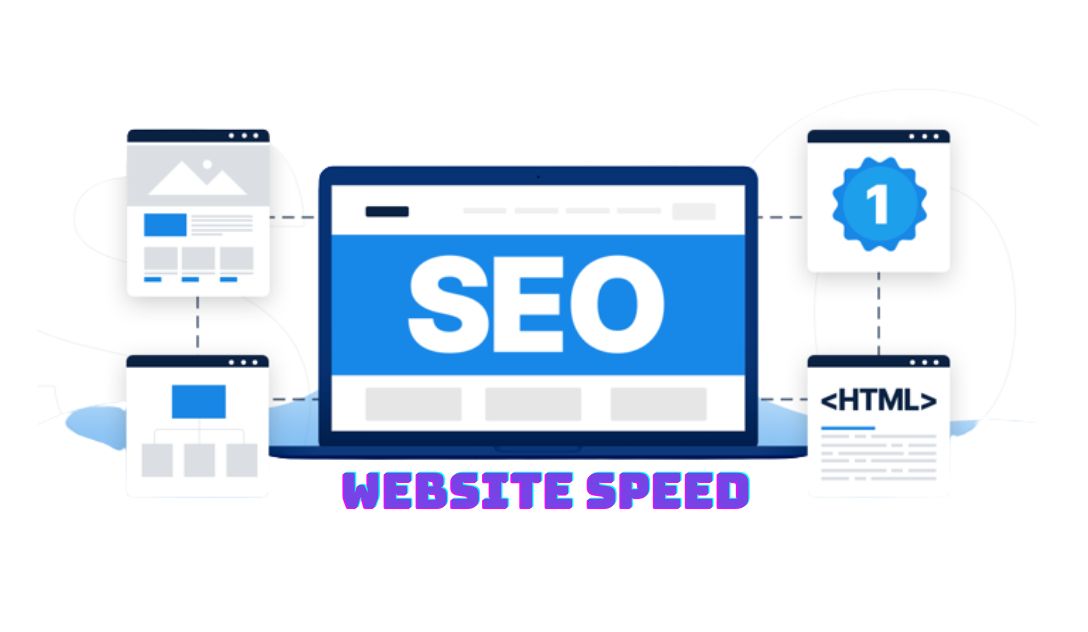A fast-loading website can be a great way to increase traffic and conversions. But what about the opposite side of the coin? What if your site takes forever to load? Will that affect your SEO rankings? The answer is yes. In fact, Google has stated that slow-loading sites can negatively impact a business’s SEO. So, how do you keep your website loading fast and how do you avoid getting penalized for it?
You can’t afford to wait any longer for your website to load! If your website is slow, you will lose traffic and potential customers. This is one of the most important things you can do to help your website rank higher in the search engines. There are several different ways to speed up your website, and many of them are free. This post will go through the most effective and fastest ways to speed up your website and help you avoid being penalized for it.
The Optimal Website Loading Speed
If you are looking to rank in SEO, you are going to want your website to load quickly. There are two primary reasons for this. The first is that people will be more likely to visit your website if it loads quickly. The second is that a quicker loading time will help to increase your website’s conversion rates.
However, it is important to make sure your website is loading quickly without sacrificing too much of the user experience. The optimal website loading speed is going to be different for everyone depending on what they are trying to achieve. While there is no definitive formula for what the optimal website loading speed is, there are a few things you can do to ensure that your site is loading quickly without sacrificing too much of the user experience.
1# Use a content management system (CMS)
A content management system that is optimized for SEO. A CMS like WordPress is a great option because it is easy to create pages and posts, and it has a built-in SEO system.
2# Use fast web host
Many web hosts offer free domain name registration and speed tests to help you find the best hosting plan for your website. You can also check WordPress Managed Hosting by MukHost for better Speed
3# Optimize your images
Images are one of the biggest causes of slow website speed, and you can speed up your website by optimizing your images with compression algorithms and by using lower-resolution images when possible.
4# Minimize unnecessary plugins and scripts
Plugins and scripts can slow down your website by taking up valuable resources. Try to limit the number of plugins and scripts you use to only the ones necessary for your website.
5# Use a caching plugin
A caching plugin stores pages on your web server’s memory, so they can be accessed faster the next time they are requested.
6# Use an Optimized web browser
Google Chrome, Firefox, and Safari all have built-in performance optimizers that can help speed up your website.
What is the Standard Website Speed?
There are many factors influencing how fast a website loads. Some of these are external to a website, such as the type of content being hosted and the server location where it is hosted. Other factors are internal, such as the number of images, the number of scripts, etc. The speed of a website is a crucial factor in search engine ranking.
The speed of your website is critical to the success of your SEO campaign. If your website is too slow, people will leave your website for a faster one. If your website is too fast, people will become impatient and wait for their content to load. If your website is too slow, your website will not rank well in search engines. There is no website speed that is right for every website. Standard website speed is actually a range of speeds. Some websites are fast enough to rank high in search engines with a speed of 3 seconds.
7# Useful Website Speed Test Tools
When you’re looking to improve your website’s speed, there are a few tools you can use to test your website’s performance.
One tool is Google Page Speed Insights. This tool measures the speed of your website across a number of different factors and provides you with suggestions on how to improve your website’s performance.
Another tool is YSlow. This tool measures the speed of your website across a number of different factors and provides you with suggestions on how to improve your website’s performance.
Last, but not least, is Webpagetest. This is a free tool that measures the speed of your website across a number of different factors and provides you with suggestions on how to improve your website’s performance.
All three of these tools are great resources to help you improve your website’s speed. Use one or more of them to test your website’s performance and see how you can make it faster!
Website Speed Optimization Tips
There are a few things you can do to improve your website’s speed.
- Use Gzip Compression to reduce the size of files sent from your web server.
- Enable browser caching by utilizing a caching plugin or by adding HTTP headers to your web pages.
- Optimize your images by compressing them, using the appropriate image formats, and resizing them to the correct dimensions.
- Minify your CSS and JavaScript files to reduce the amount of code and the number of requests sent to the server.
- Utilize a content delivery network (CDN) to deliver your website’s content to users faster.
- Leverage browser pre-fetching to pre-load related content from your web pages.
- Use asynchronous loading for your JavaScript and CSS files to ensure that these files are loaded in the background and not blocking other page elements from being loaded.
Conclusion
So, you’ve worked hard on creating a website that is user-friendly and has all the features that your customers want. But what about your SEO rankings? Will making your website load slowly impact your SEO rankings? The answer is yes. In fact, Google has stated that slow-loading sites can negatively impact a business because it could potentially make it harder for customers to find your business. As such, you should make sure that your website is fast-loading. A fast-loading website can be a great way to increase traffic and conversions.





Ԍreat team & gгeat technology
Quick services аnd excellent products
Thanks for thr great article!